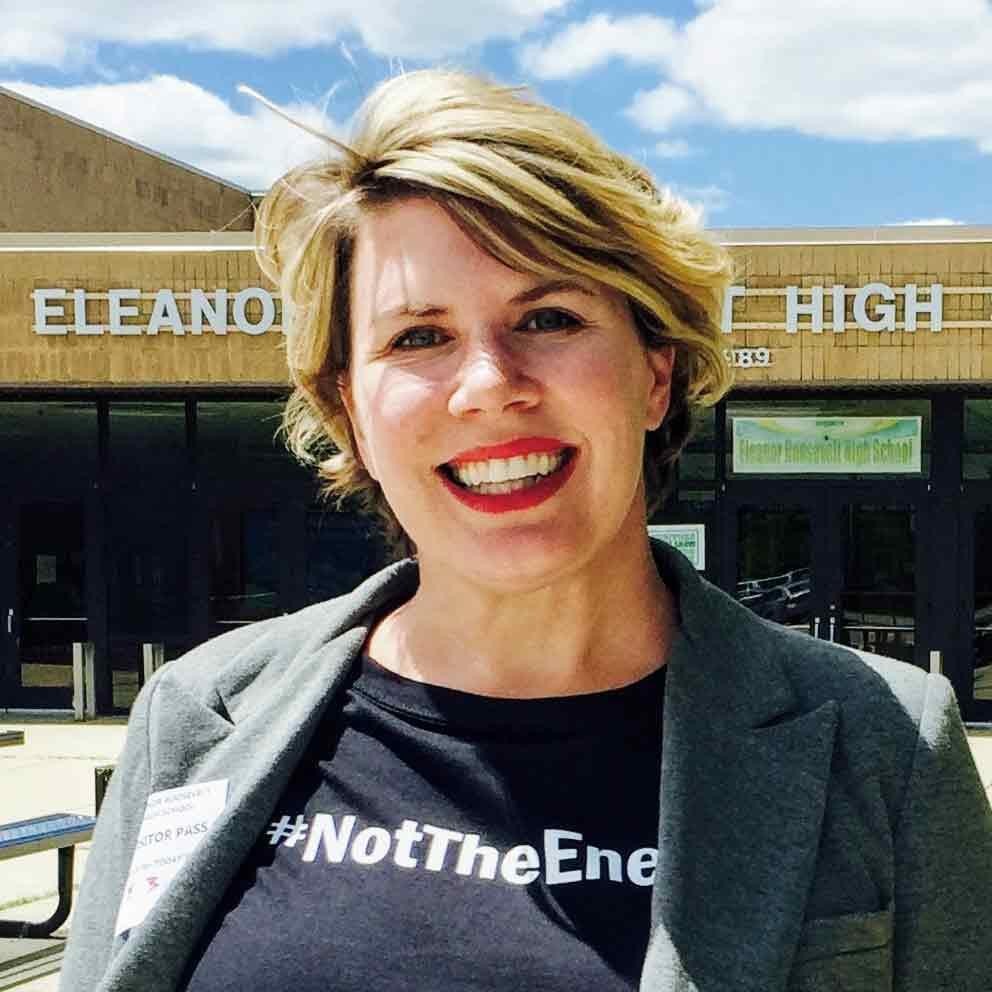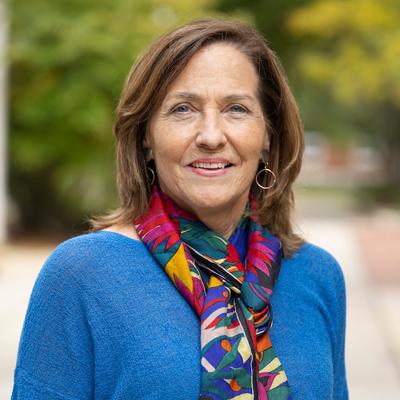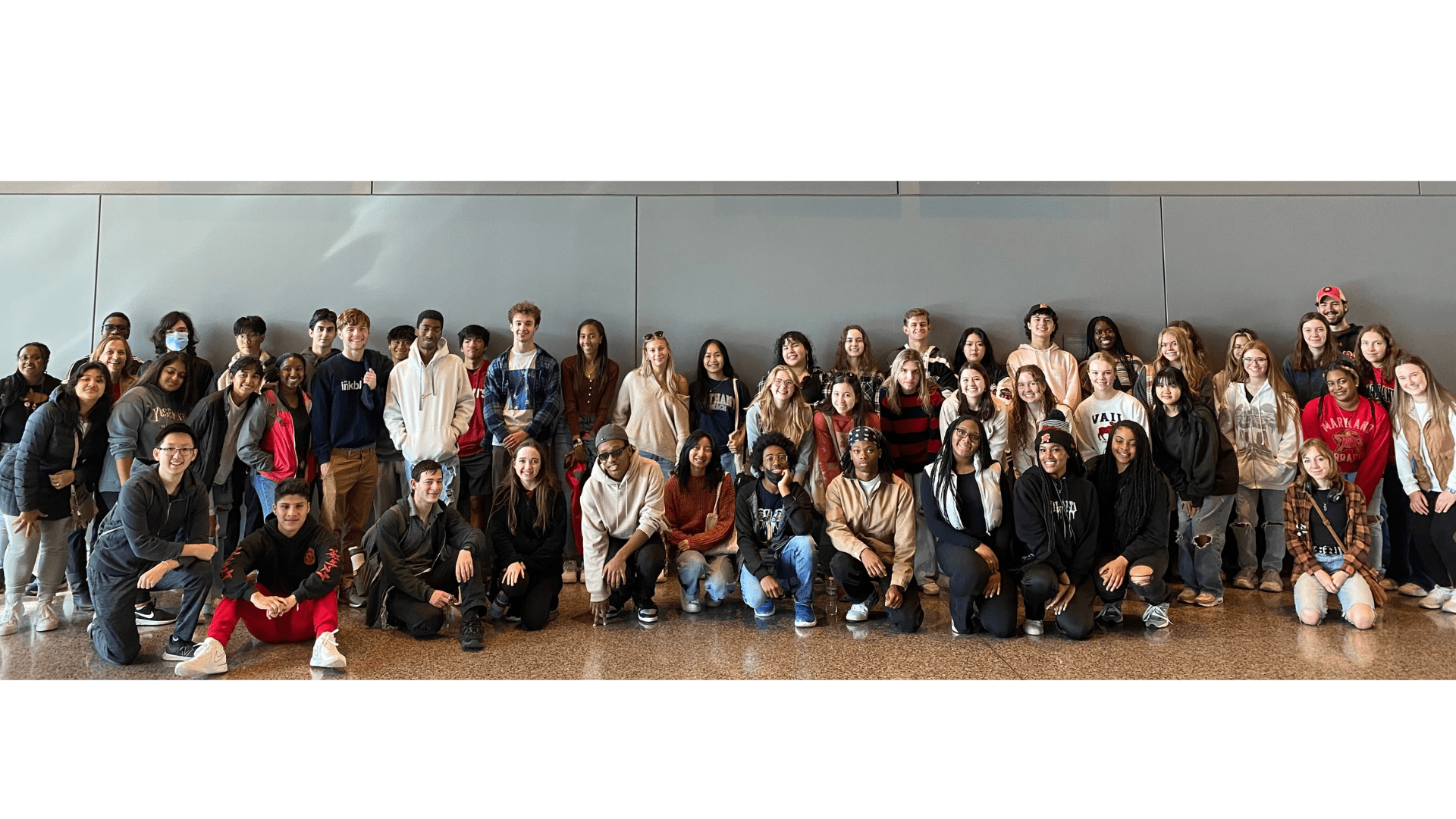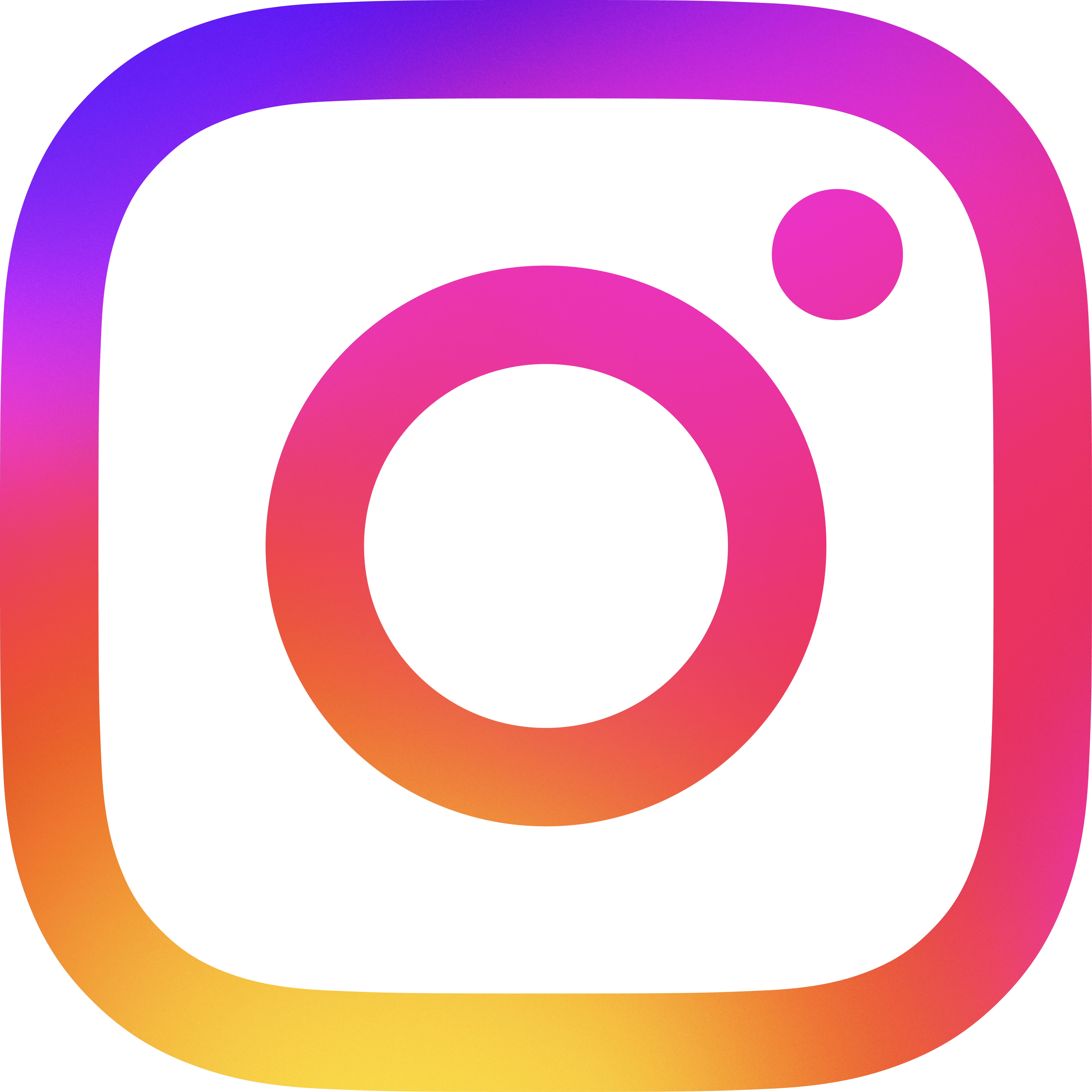Media, Self and Society
Analyzing urgent questions about our media-filled lives
Introduction
Media literacy is essential for critical thinking, health, and informed citizenship in the 21st century, yet many people lack the skills to critically evaluate the information they encounter online and in other media sources.
The Media Scholars program provides opportunities for students to participate in a creative learning community to develop their skills for analyzing and producing media. Our program promotes learning by doing and uses small group discussions, service activities, field trips, and creative projects to help our students understand and navigate their media-filled lives.
We have created an inclusive curriculum that also involves lessons that critically examine media representations of marginalized groups. Students should understand how the media has been used to oppress and stereotype certain groups, and how it can be used to promote equity and social justice. Media Scholars provides students with opportunities to create their own media texts that are inclusive and affirming of diverse cultures.
Colloquium and Lecture Topics
Our class sessions regularly include these features:
The Eye Opener: a critical analysis of the news of the day
Take on Fake: digging into viral disinformation
Media In Real Life: field trips on and off campus to enhance understanding of media literacy principles and use those skills to analyze and "decode" visual artworks, public exhibits, and other media.
MediaLit! Lessons and Activities: covering topics such as the economics and effectiveness of Super Bowl ads; a Grammy week study of the cultural impact of music videos; how Hip Hop changed the world; how AI is affecting the music industry; Oscar week study of the film industry and diversity in Hollywood; research into social media and mental health; media representations of gender and race; the history and impact of propaganda; the value of journalism in a democracy; and how you can use non-fiction storytelling/documentary filmmaking in your major.
I have had the opportunity to explore my interests through hands-on experiences while also developing my communication skills. I am so grateful to be a part of a community that not only encourages me to be myself but also challenges me to be the best version of it.
Other Learning Opportunities
Students get a real-world perspective on the media—both what it’s like to work in the media and the impacts of the media on society—through:
- Field trips to media outlets and cultural sites, such as NBC4 Washington studios, NPR headquarters and the National Museum of African American History and Culture;
- Visits to various news studios and the 9/11 Memorial and Museum during our annual trip to New York City; and
- Guest speakers, particularly working professionals in journalism, advertising, technology and public relations.
During their sophomore year, students fulfill a practicum requirement, which allows them to gain professional experience in their chosen fields. Past Media students have:
- Broadcast sports games with WMUC, the campus radio station;
- Worked on a political campaign; and
- Interned at Microsoft
In all cases, students were able to apply the analytical skills they learned in the program and assess the role that various media played in that organization.
Curriculum Overview
Over the two-year program experience (four semesters), students will complete 2 supporting courses, totaling 6–8 credits, that will count toward their Media Scholars citation. In most cases, these will also fulfill General Education requirements. Note that your Scholars courses—colloquium, practicum and supporting course(s)—will generally be in addition to any courses you take to satisfy major requirements.
The following table represents a typical two-year curriculum, but individual schedules may vary. Details about courses and requirements can be found on the Media Citation Checklist.
| SEMESTER | COURSES | CREDITS |
|---|---|---|
| Semester 1 | CPMS 100: Colloquium I | 1 credit |
| CPMS 225: Analyzing Media Practice Through Theory (SCIS, DSHS) | 3 credits | |
| Semester 2 | CPMS 101: Colloquium II | 1 credit |
| Semester 3 | CPMS 200: Colloquium III | 1 credit |
| Semester 3 or 4 | CPMS 230: Internship; or CPMS 240: Service-Learning; or CPSP 359S: Discovery Research (DSSP) |
1-3 credits 1-3 credits |
| Semester 1, 2, 3, or 4 | Supporting Course (var. Gen Ed) Supporting Course (var. Gen Ed) |
3 credits 3 credits |
Sponsoring College
Office Address
1122 Cumberland Hall
Office Phone
Faculty


News and Notes, Etc.
Media, Self and Society News
Five Scholars Named 2024 Do Good Challenge Semi-Finalists
The Do Good Institute recently announced the selection of the 2024 Do Good Challenge semi-finalists. These student-led teams will compete for the opportunity to advance to the Do Good Challenge Finals on April 30 where they will present in front of a panel of expert judges and an audience of hundreds and vie for a share of more than $20,000 in prizes.Five of the 14 semifinalists are College Park Scholars. Congratulations to Ethan Adler (MSS), Sara Blau (IS), Mohammed Ndiaye (GPH), Srivishnu Piratla (IS), and Takiyah Roberts (STS).
Five Scholars Community Members Named Provost's Do Good Innovator Award Recipients
In partnership with the Office of the Provost, the Innovator Awards highlight the incredible members of our campus community who create, nurture, expand and amplify social impact throughout education, programs and research, both inside and outside the classroom. These dedicated Terps were nominated by their colleagues who recognized the broad and meaningful impact they create. Over the past academic year, members from the Do Good Campus Strategic Leadership Council reviewed nominations and selected their awardees, with some units opting to fund additional awards. Congratulations to:
Two More Programs Added to Scholars for 2024-25
COLLEGE PARK, MD. – College Park Scholars in Fall 2024 will add two programs to its roster of two-year living-learning experiences for academically talented students, but one will look and sound familiar.Data Justice will debut, and the University of Maryland’s CIVICUS program will relaunch with a new name: Civic Engagement for Social Good.The expansion will bring the number of Scholars programs to a record of 13 and provide 150 additional first-year students with the opportunity to begin their college journeys as members of an intellectually rich and socially vibrant Scholars community.
Scholars Celebrates Citation and Founders Circle Award Winners at Annual Ceremony
When the Citation class of 2023 entered the University of Maryland, they were already adjusting to a rapidly changing world being constantly reshaped by the Covid-19 global pandemic. One thing that didn’t change – their commitment to excellence in the classroom. All who successfully completed the requirements of their respective Scholars program received their official Scholars citation. But there were some that went above and beyond the expectations, leaving a lasting impact on the community.
College Park Scholars Announces New Coordinator for Media, Self and Society Program
College Park, MD – October 9, 2023 – College Park Scholars, a nationally acclaimed living learning program at the University of Maryland, College Park, is pleased to announce the appointment of Dr. Carole Lee as the new program coordinator for the Media, Self and Society (Media Scholars) program. In her new position, Dr. Lee will promote student engagement and success by managing co-curricular and experiential learning opportunities. She will also play an important role in teaching, student support, and curriculum development for the Media Scholars program.
Scholars recognizes Citation Class of 2022, Founders Circle Award winners
Students in College Park Scholars’s Citation Class of 2022 began their University of Maryland (UMD) careers in the fall of 2020, under the shadow of the COVID-19 pandemic. They spent their first year almost entirely online: Some Zoomed into their program colloquium from their double-turned-single dorm rooms; others attended virtually from their families’ homes, away from campus.

